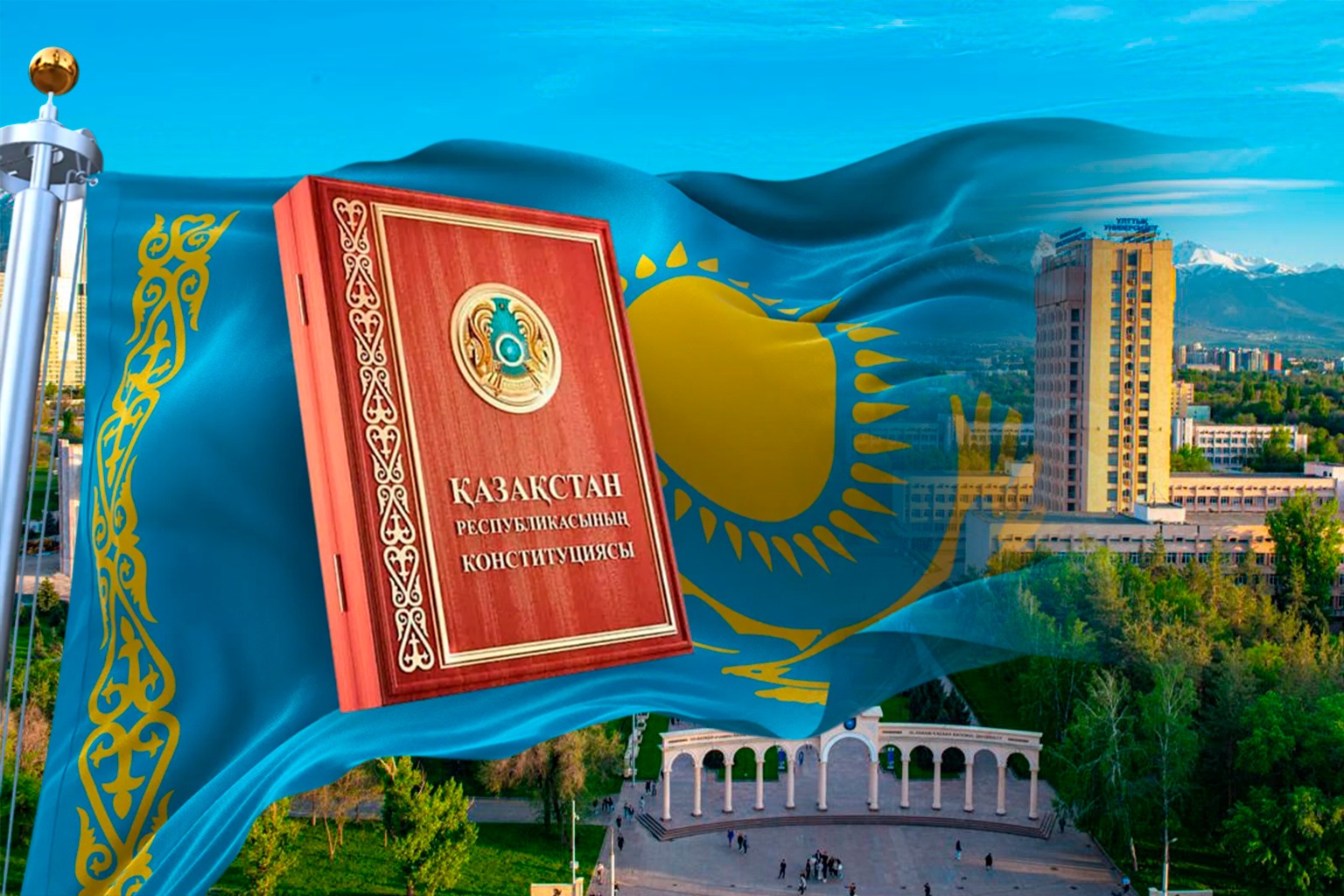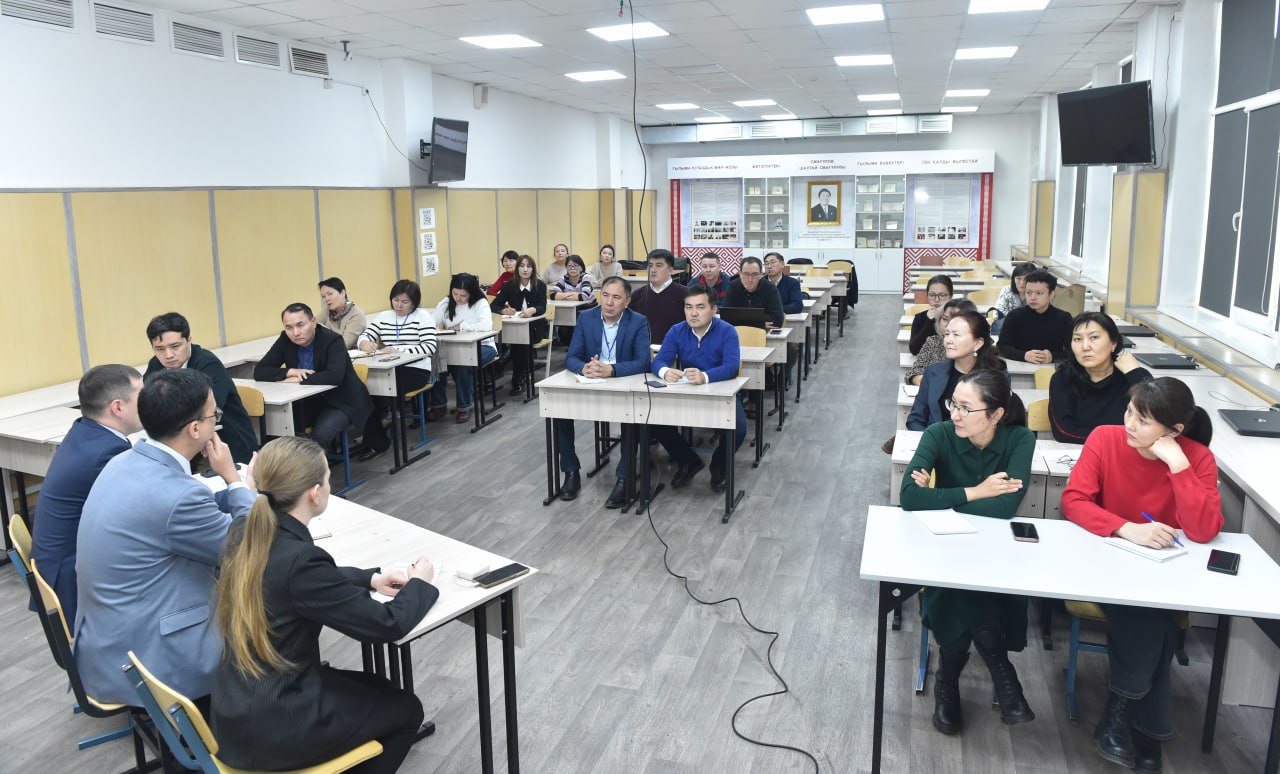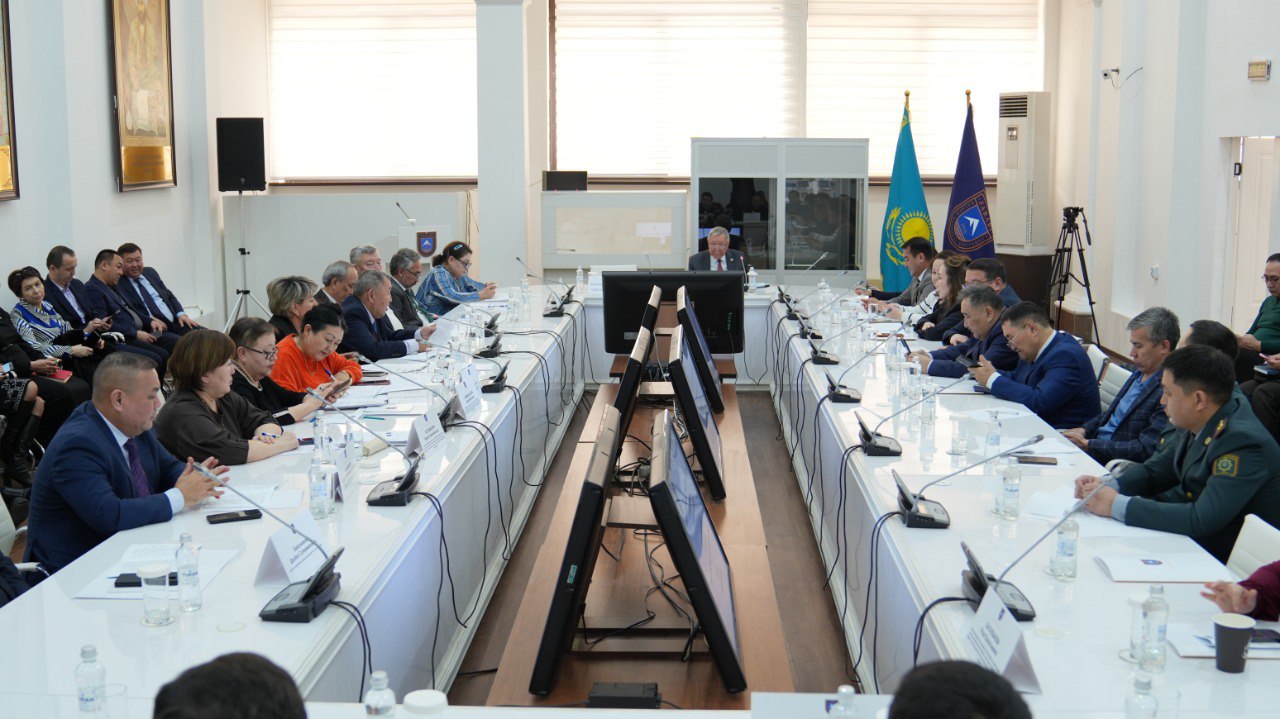Leadership lecture by Tuvan scientist Chimiza Lamazhaa
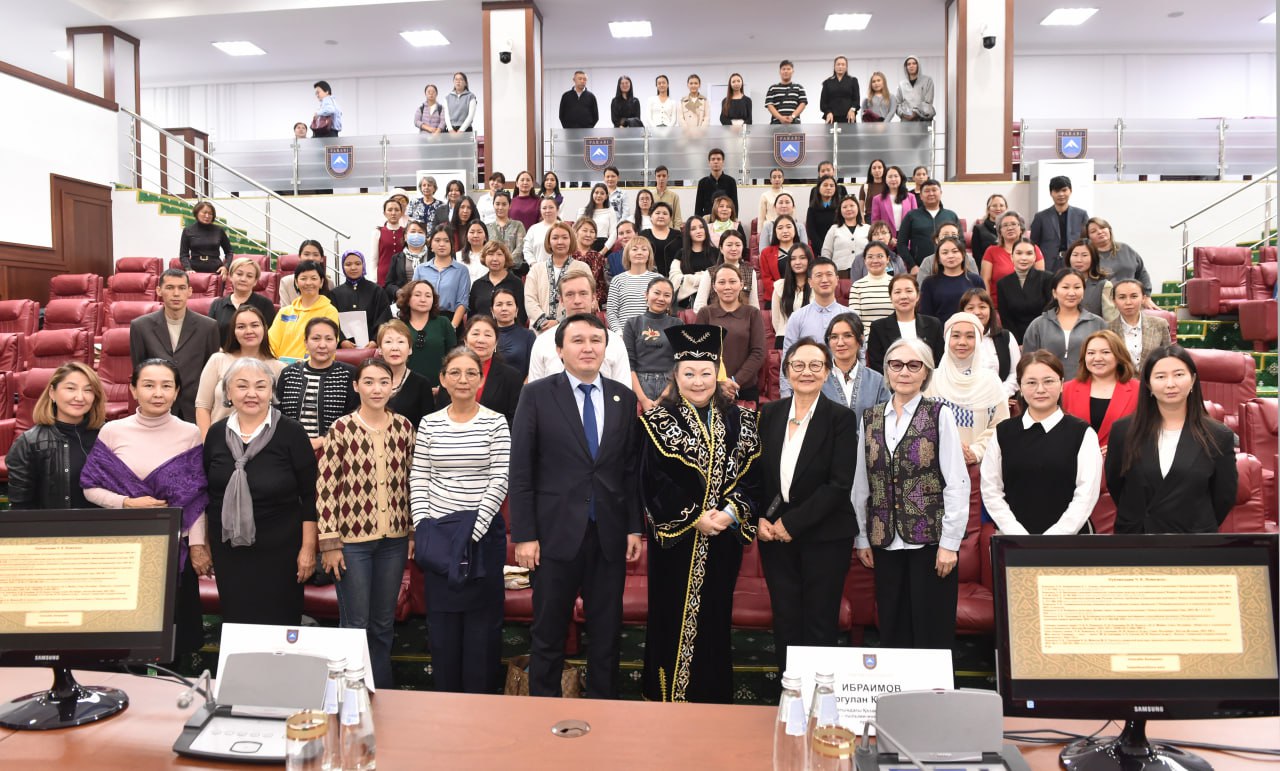
A leadership lecture by Doctor of Philosophy, Chief Researcher of the Research Institute of Turkology and Altaistics, Honored Scientist of the Republic of Tuva, visiting Professor of KazNU Chimiza Lamazhaa was held at the al-Farabi Kazakh National University.
She is the author of more than 280 scientific papers, including the monographs "The Archaization of Society. The Tuvan phenomenon", "The national character of Tuvans", "Tuva: between the past and the future". Since 2009, she has been the founder and editor-in-chief of the scientific journal New Studies of Tuva, a member of the European Association of Scientific Editors and Publishers (EASE), and an active participant in international research projects in the fields of sociology, philosophy, and cultural studies.
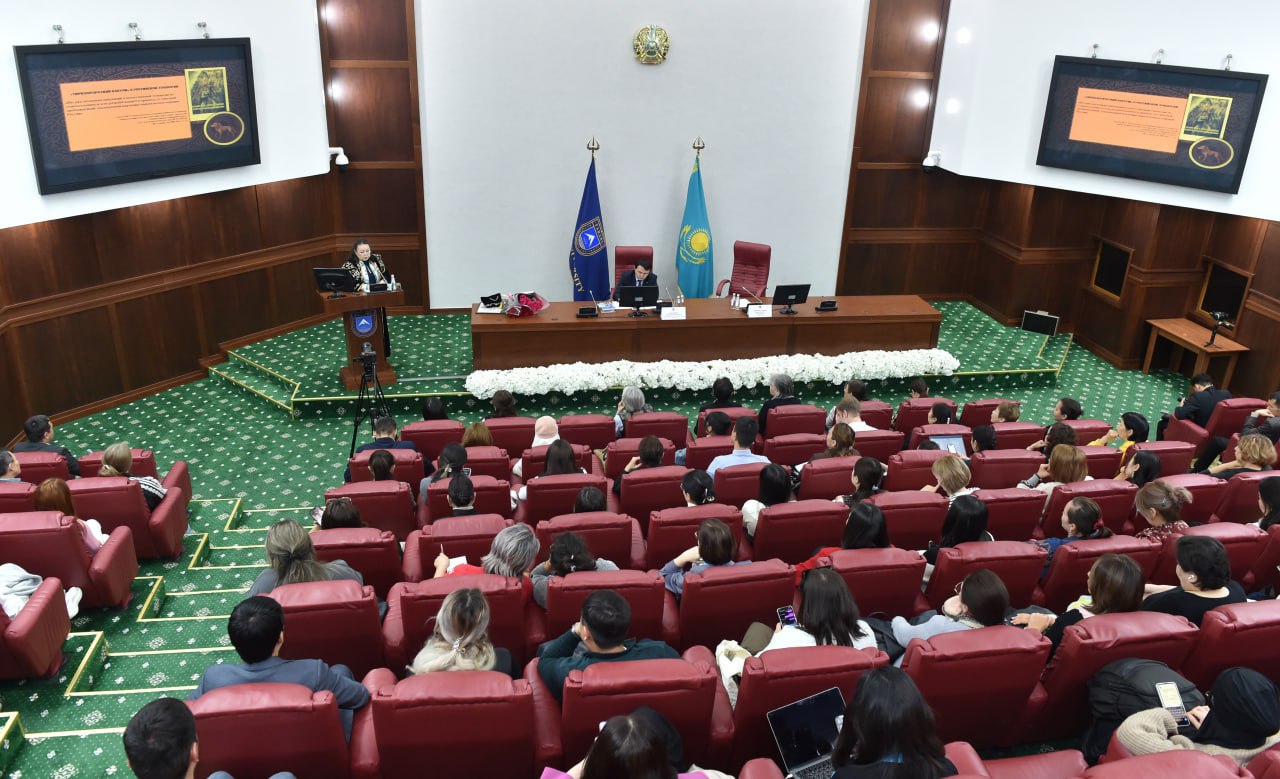
Before the event, Vice-rector for Science and Innovation of Al-Farabi Kazakh National University Margulan Ibraimov, welcoming the guests and participants, noted the great contribution of Chimiza Lamazhaa to the development of science and announced the awarding of the title "Honorary Professor of Al-Farabi Kazakh National University" to her.
The lecturer's presentation was devoted to the topic "The Turkic world and Turkology: new trends at the turn of the XX-XXI centuries." During the lecture, Cimiza Lamazhaa relied on a system analysis and a thesaurus approach. She noted that "the Turkic cultural world is a space of many cultures," and modern transformations are often accompanied by the phenomenon of archaization as a response to crisis transformations. "Turkology today is not only a historical discipline, but also a space of meanings in which a new awareness of national identity and common civilizational values is being formed", - said the professor.
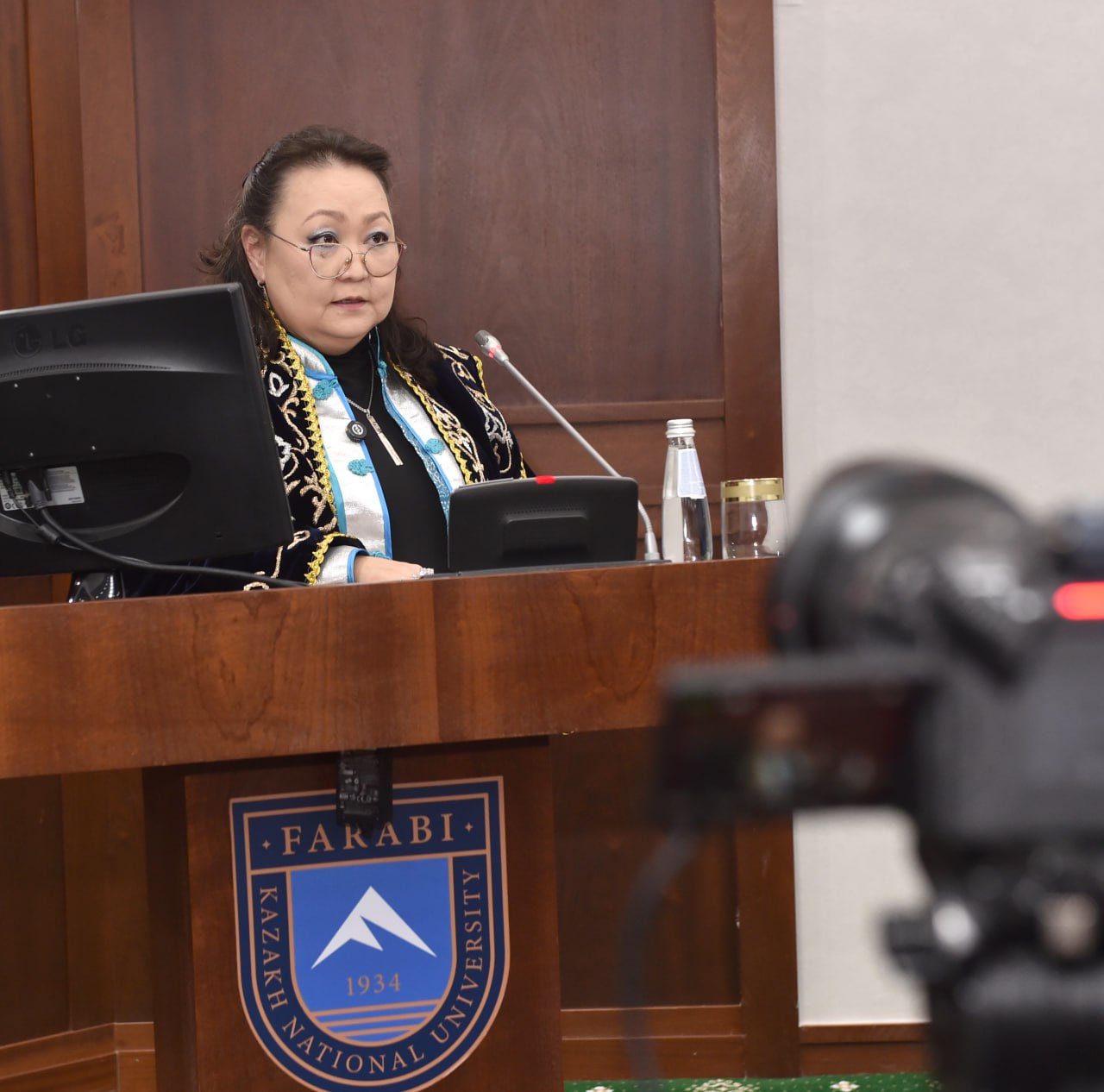
The lecturer paid special attention to the preservation of ethnocultural heritage, the role of researchers in the development of humanitarian knowledge and the need for an interdisciplinary approach in the study of Turkic cultures. In her opinion, "the Turkic cultural world is more than related languages, it is a space of many cultures that have common grounds: the origins of history, mythology, folklore, literary traditions, ethnic identity and a number of cultural traditions". The lecturer also spoke about the Russian segment of the Turkic world, which consists of "loci" of various cultural worlds – a mixture of languages, religions and cultural traditions. She shared the results of her own research on the ethnocultural thesaurus of Tuvans, the phenomenon of Archaization and the problems of regional identity. The researcher emphasized that archaization is not just a return to the past, but a special dynamic that occurs in transitional societies. In her opinion, understanding the self-identification of Turkic groups requires understanding the peculiarities of mentality and cultural codes, which is especially important for the republics of Northern Eurasia.
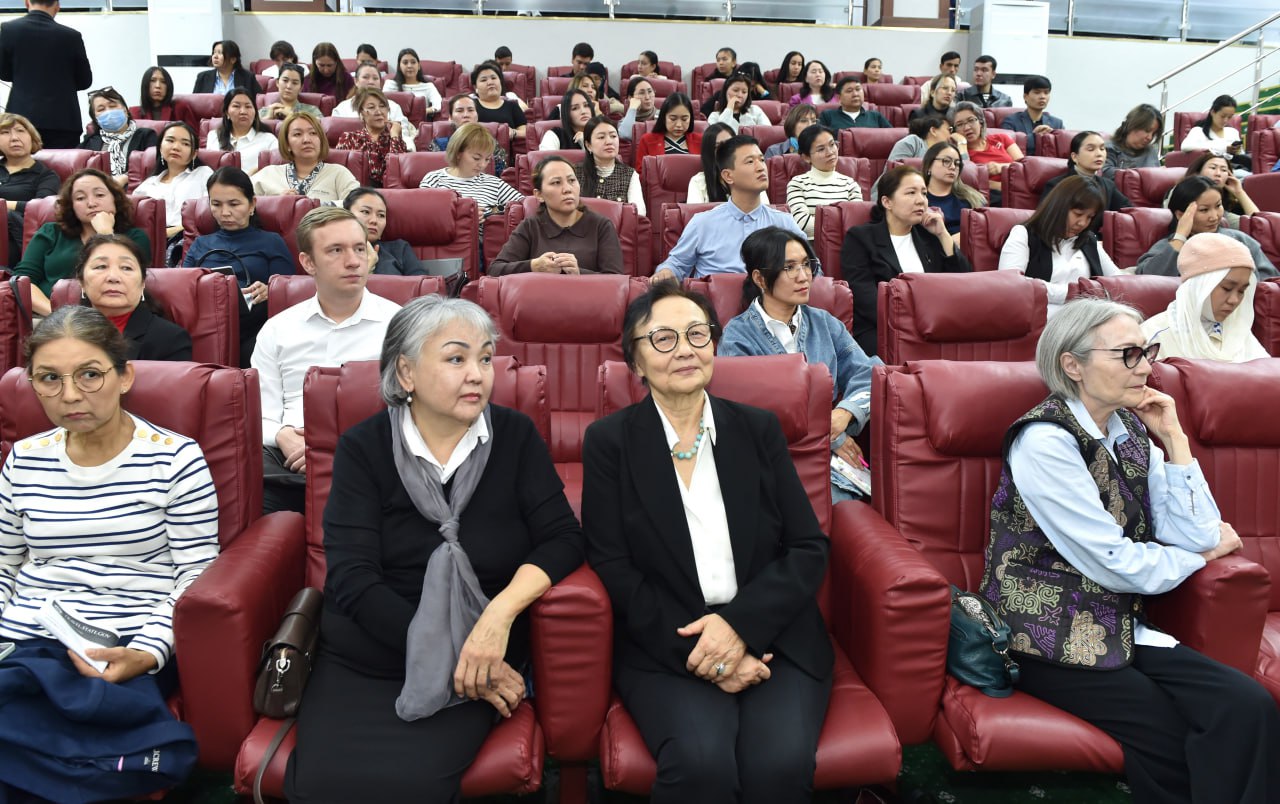
Lecturer Ch.Lamazhaa noted that in the 21st century, Turkology is becoming a platform for international scientific dialogue and an important area of humanitarian research that unites the countries of the Turkic world. The professor stressed that the mission of modern Turkology is to "create an intellectual space of trust in which culture becomes a bridge between nations".
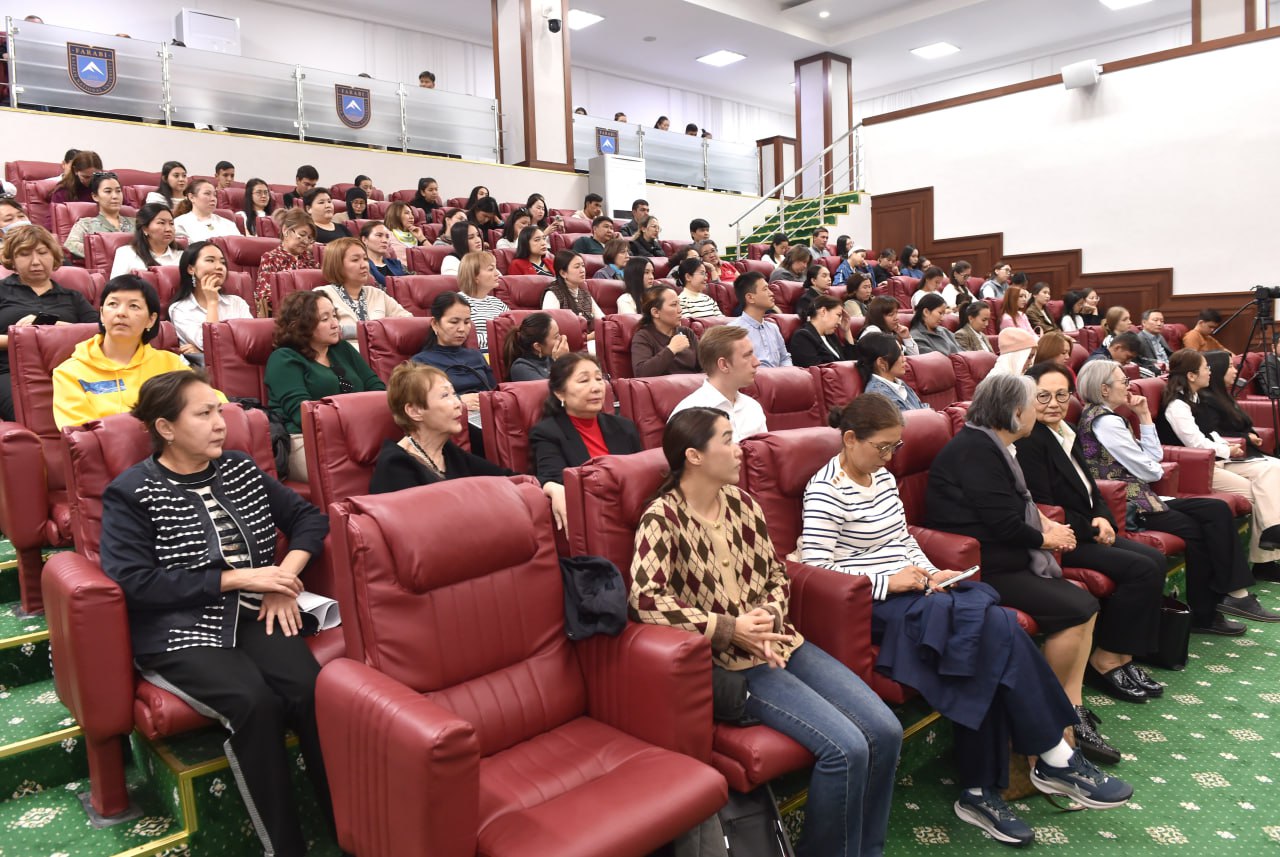
At the end of the event, the lecturer answered questions from the audience.
Press-service of Al-Farabi Kazakh Natiomal University
